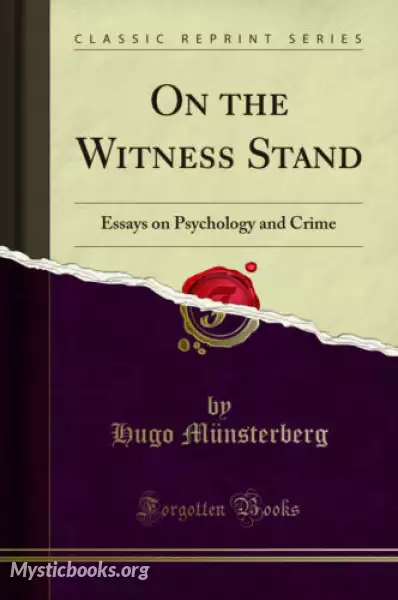
On the Witness Stand: Essays on Psychology and Crime
'On the Witness Stand: Essays on Psychology and Crime' Summary
Münsterberg points out the various reasons why eyewitness testimony is inherently unreliable. He describes how eyewitness testimony is inherently susceptible to what he calls "illusions" where a subject's perceptions could be affected by the circumstances, making their memory of the events that transpired or testimony inaccurate. He states that with regularity the testimony between two different individuals in the same circumstances can be radically different, even when neither of whom had the slightest interest in changing the facts as remembered. Münsterberg believes this is because memory, when all things are equal, is easily fallible. Because one's memory is affected by the associations, judgments, and suggestions that penetrate into every one of one's observations and taint our memory and our recollection of events.
Less well known but highly prescient, Münsterberg wrote about "Untrue Confessions." Appreciating the intuitive credibility of confession evidence in court, he expressed concern that confessions were fallible and speculated as to the psychological causes of false confessions.
Münsterberg conducted many experiments with his normal psychology students in his basic psychology course while at Harvard. He asked them, "without any theoretical introduction, at the beginning of an ordinary lecture, to write down careful answers to a number of questions referring to that which they would see or hear", and urged them "to do it as conscientiously and carefully as possible." The procedure went as follows. First he would show them a large sheet of white cardboard with a certain number of black dots on it spread in an irregular order. He exposed it for the students to view for only five seconds, and then asked them how many black dots that they thought were on the sheet. The results were surprising in that even with "highly trained, careful observers, whose attention was concentrated on the material, and who had full time for quiet scrutiny... there were some who believed that they saw seven or eight times more points than some other saw." He conducted similar experiments that referred to the perception of time, how rapidity is estimated, descriptions of sounds, and other similar experiments with similar results. Based on the results of his experiments, he "warned against the blind confidence in the observations of the average normal man" and concluded that one cannot rely on the accuracy of a normal person's memory. He questioned how one could be sure of the testimony of any given witness.
In a portion of the book which he calls "The Detection of Crime" he discusses the many factors that can influence testimony, gain confessions, and force a confession from those who are innocent. Münsterberg states that "brutality is still a favorite method of undermining the mental resistance of the accused." He discusses some of the ways that police of the time have of making suspects confess to crimes that they had not committed, including making the prisoner's life as uncomfortable as possible, to break down his or her energy, and "worst of all giving brutal shocks given with fiendish cruelty to the terrified imagination of the suspect." He states "that the method is ineffective in bringing out the real truth. At all times, innocent men have been accused by the tortured ones, crimes which were never committed have been confessed, infamous lies have been invented, to satisfy the demands of the torturers."
Book Details
Language
EnglishOriginal Language
EnglishPublished In
1908Authors
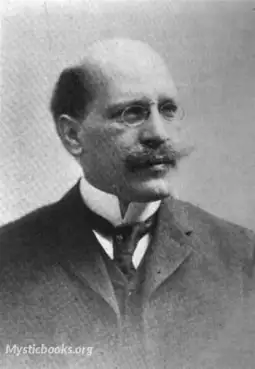
Hugo Munsterberg
German, American
Hugo Münsterberg was a German-American psychologist. He was one of the pioneers in applied psychology, extending his research and theories to industrial/organizational (I/O), legal, medical, clin...
Books by Hugo MunsterbergDownload eBooks
Listen/Download Audiobook
- Select Speed
Related books
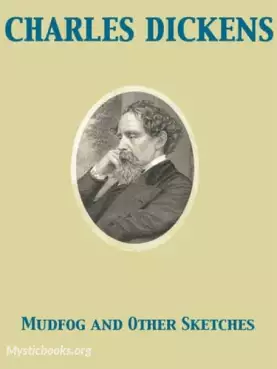
Mudfog and Other Sketches by Charles Dickens
The Mudfog Papers was written by Victorian era novelist Charles Dickens and published from 1837–38 in the monthly literary serial Bentley's Miscellany...
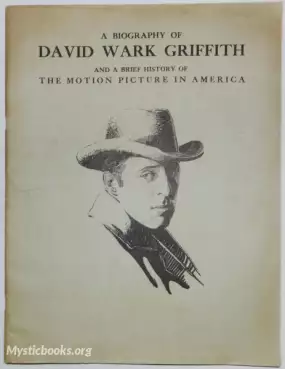
David Wark Griffith: A Brief Sketch of His Career by Robert Edgar Long
An authorized biography of D.W. Griffith, the self-proclaimed "Father of Filmmaking." Written in collaboration with the director, Robert Edgar Long's...

Idylls Of The Sea And Other Marine Sketches by Frank Thomas Bullen
In these little sketches [1899] of a few out of the innumerable multitude of ways in which the sea has spoken to me during my long acquaintance with i...
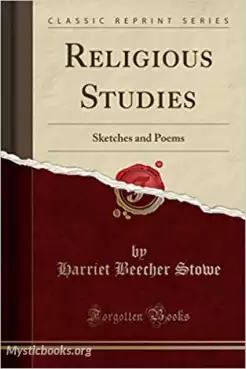
Religious Studies, Sketches and Poems by Harriet Beecher Stowe
Best known for having written "Uncle Tom's Cabin," Harriet Beecher Stowe also wrote several religious works, including the works in this book. The fir...

Historic Boyhoods by Rupert S. Holland
Most boys grow up to be honest, maybe even good, men, but do not stand out from the crowd. Occasionally, along comes a boy who is destined, either by...

Tchaikovsky and His Orchestral Music by Louis Biancolli
Included in this little book are analyses and backgrounds of most of Tschaikowsky’s standard concert music. A short sketch of Tschaikowsky’s life prec...

Why We Love Music by Carl Emil Seashore
In "Why We Love Music," Carl Emil Seashore delves into the fascinating world of music and explores the profound impact it has on the human psyche. Dra...

The White People by Arthur Machen
A discussion between two men on the nature of evil leads one of them to reveal a mysterious Green Book he possesses. It is a young girl's diary, in wh...

Famous American Statesmen by Sarah Knowles Bolton
A sketch of the lives of some of America's early Statesmen: George Washington, Benjamin Franklin, Thomas Jefferson, Alexander Hamilton, Andrew Jackson...
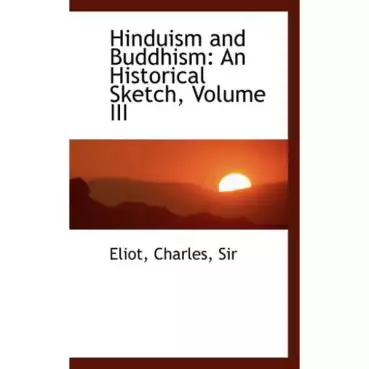
Hinduism and Buddhism, An Historical Sketch, Vol. 3 by Charles Eliot
The author was a British diplomat posted to Asia and his great work was interrupted by World War I, finally being published in 1921. It has been descr...
Reviews for On the Witness Stand: Essays on Psychology and Crime
No reviews posted or approved, yet...